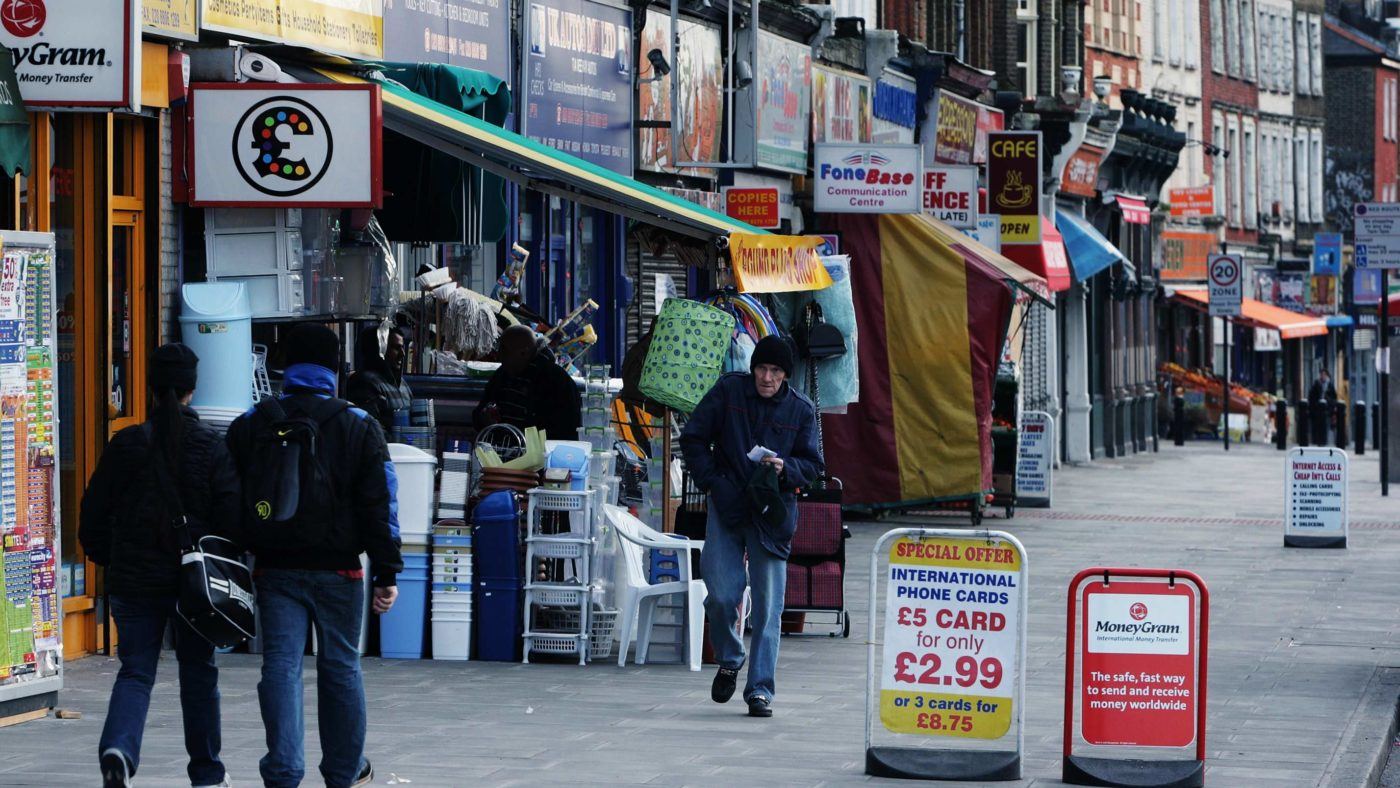A little Trojan Horse of a clause in a newly introduced finance bill could presage a quiet revolution across Britain’s city high streets.
Tucked away as part four of the five-part Local Government Finance Bill, the clause will allow the creation of property owner Business Improvement Districts (PO BIDs) – bodies which will be able collectively to invest in the improvement of their cities.
Owners of business properties will have the option to band together in a PO BID and beautify high streets and defined districts within their cities.
It’s something the CPS argued for in 2014 in its paper How to Privatise the High Street.
At a time when austerity has hit local government especially hard, the legislation offers a huge opportunity to allow commercial centres up and down the country to work in the interests of all. Council tax payers, visitors, consumers, council leaders and the Chancellor could all benefit.
At the moment, Business Improvement Districts (BIDs) are business-led and business-funded bodies formed to improve a defined commercial area. They allow local regeneration to be directed by local interests, while costing the taxpayer little or nothing.
Currently BIDs pay for significant but only smaller-scale enhancements to town and city centres – litter pickers, information wardens, hanging baskets and street signage. This is because only business tenants can contribute to projects, local property owners are excluded.
This is problematic, not least as tenants naturally tend to favour more short-term improvements to their local area. In contrast, property owners typically have much deeper, and consequently longer-term, ties to a local area and will therefore favour longer-term redevelopments.
But having listened to a number of interested parties, including the Northern BIDs Group and the Centre for Policy Studies, the Department for Communities and Local Government has agreed to extend the new model of PO BIDs to the rest of the country.
As such, we can reasonably hope to see some big investments to our cities paid for by businesses, which will in turn drive a return by increased sales.
Evidence also shows that such investment will drive up business property prices and therefore the local business rate which benefits the council and residents. It also increases profit, resulting in higher tax and VAT returns to the exchequer.
This optimism surrounding PO BIDs is also founded squarely on three pieces of evidence.
First, PO BIDs are already running successfully in London. The London BIDs include The New West End Company, based around Oxford Street and Bond Street, and the Heart of London BID, based around Piccadilly and Leicester Square.
Second, they have transformed city centres across Germany and the US. Property owner BIDs in Hamburg have seen a rise in investment, trade and commercial property prices since it was implemented.
And finally, outside of London, BIDs have been clamouring for the new format – there is a head of steam, and a passion to make them work. Sean Bullick, CEO of the Newcastle BID, NE1 has described the new format as: “A potentially revolutionary opportunity for the UK’s cities to put themselves on a par with London and the great metropolises of the world.”
Another advantage of PO BIDs is that when property owners get together, they can decide what sort of tenants they want to populate a street or centre. They can choose what shops, restaurants and entertainers move into their properties.
They become curators who can create a brand, a look and a feel, perhaps by creating a culinary hub, or a theatre district or a high-end fashion area.
And to maintain the brand and the ambience, they can – and do – pay for superfast and regular cleaning, they coordinate deliveries of stock so that traffic and pedestrians aren’t threatened by trucks, and they carry out repairs to paving and street furniture instantly. It’s in their interests to look after our interests.
At the moment DCLG believes that the BIDs most likely to benefit from the new legislation are the larger city BIDs where there is already strong support from property owners.
A recent briefing flags up current BIDS like Retail Birmingham, Broadmead Bristol, Leeds BID, Liverpool BID, Heart of Manchester BID and NE1 BID (Newcastle) as likely destinations.
However, while the British Property Federation is pleased to see the government extending the possibility of property owner BIDs outside London, there is one caveat.
Current BIDs tend to be based on town and city centres. If property owner BIDs are to work and to act as brand creators and curators, BID leaders must be able to define the PO BID area themselves, rather than simply to replicate the current, larger tenant-only BIDs.
This will allow for careful definition and for BIDs to design their street or streets around a brand – like Bond Street in London. It is by allowing property owners and businesses to develop their local area’s character, rather than be defined by government diktat, that Britain’s high streets can flourish.


